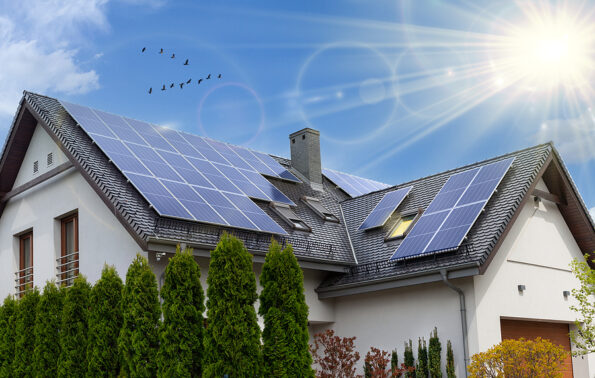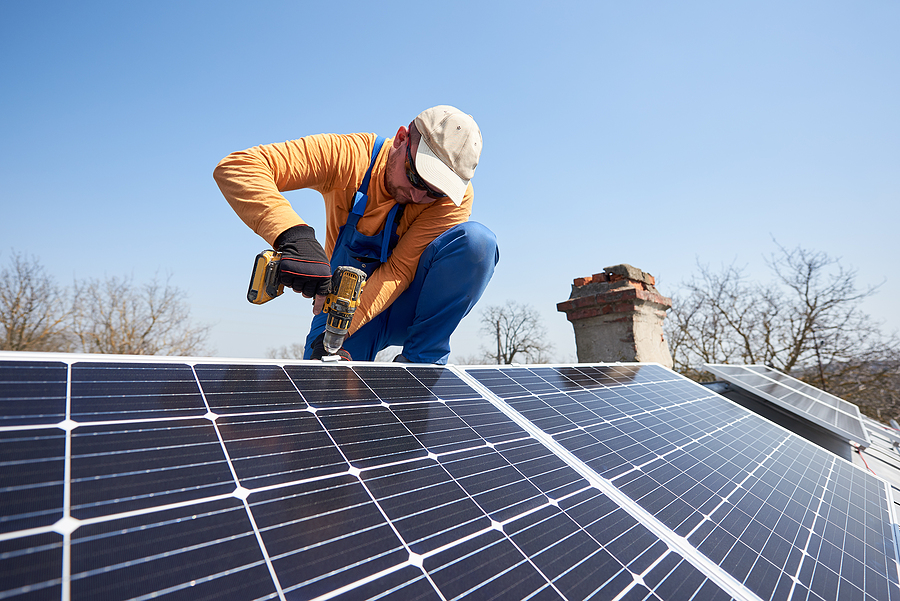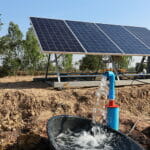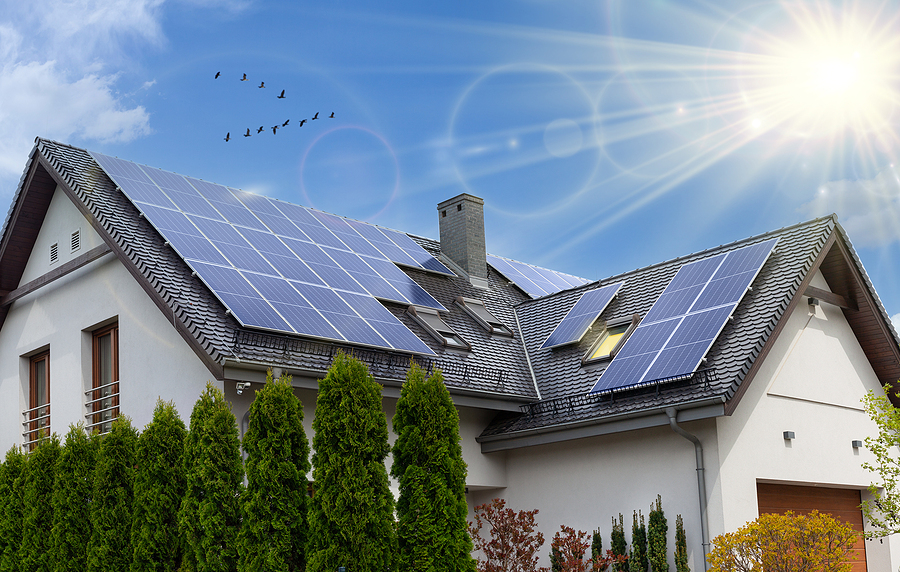You’ve decided that you want to go solar but are not really sure about having your own panels installed and how to even go about having it done.
Installing a solar energy system can seem like a tough task if you don’t know much about it. It can also seem like something only an electrician can do. The good news is that you can install your own solar panels!
But is it legal to install your own solar panels? The answer is yes! But there are some things you need to keep in mind before you jump into your installation.
In this guide, we’ll go over what you need to know about if it’s legal to install your own solar panels and some of the benefits of doing so. Keep reading to find out more!
Benefits of Installing Your Own Solar Panels
Installing your own solar panels can have a number of long-term benefits. Firstly, it is an environmentally friendly source of energy. The sun’s rays provide an abundance of energy. The installation of solar panels will result in lower electricity costs. This is because these panels can provide sustainable energy with good solar panel direction.
After installation, solar energy requires little to no maintenance. It will be a reliable source of energy for years to come. Installing solar panels can also increase the value of your home. This makes it attractive to buyers.
You may also qualify for various types of incentives from local and state governments. This is for utilizing solar energy, as well as other tax credits. As such, installing your own solar panels is a great way to benefit both financially and environmentally.
Avoidance of Government Subsidies or Tax Breaks
The installation of solar panels is legal in the United States. Homeowners can install their own solar panels without government subsidies or tax breaks. However, the installation of solar panels does not always guarantee lower electricity bills.
Homeowners must consider the cost. They must also consider the potential for long-term savings and the availability of local incentives. This is before making a decision to install solar panels.
Homeowners who install their own solar panels may be responsible for any necessary maintenance and repairs. It is important to research local laws and regulations. This must be done before proceeding with a solar installation to ensure it is in compliance with local requirements.
The decision to install solar panels without government subsidies or tax breaks lies with the homeowner. This depends on their individual needs and financial resources.
Understanding Local, State, and Federal Requirements
Understanding local, state, and federal requirements is essential when installing solar panels. Depending on their location, property owners may need to adhere to specific regulations and permits from multiple agencies.
On the federal level, solar panel owners may need to obtain a Right-of-way (ROW) permit from the U.S. Forest Service for their ground-mounted system. At the state level, local building codes and permit laws govern the installation of solar panels. It requires a local permit from the appropriate building department.
Finally, at the local level, zoning ordinances, land-use requirements, and building codes will also need to be followed. This should be prior to installation. Solar panel owners may benefit from seeking advice from a local solar panel provider.
Potential Risks of DIY Solar Installation
The potential risks of DIY solar installation should not be overlooked, as they can lead to system performance issues, safety hazards, and electrical fires. Legally, it is generally permissible to install your own solar panels if you are knowledgeable about safety codes and regulations.
Additionally, many states and local municipalities have established programs to assist homeowners who are considering solar installations. However, the risks cannot be ignored.
Wall-mounted or rooftop DIY solar installations pose the risk of falling or slipping while on the roof, which can be dangerous. Additionally, those wishing to install solar systems themselves should have a basic understanding of how electricity works and be cautious of protected lines and junction boxes.
Installation of the panels and components requires precision to properly function, as incorrect wiring and loose connections can lead to system malfunction and fire hazards. For these reasons, it is not recommended to DIY a solar installation, and it is important that the homeowner consults a professional.

The Legality of DIY Solar Panel Installation
The legality of DIY solar panel installation is a controversial topic, depending on where you live. Generally speaking; however, it is possible to install solar panels by oneself in most countries.
It is important to check with local regulations to ensure that all requirements are properly met. DIY solar installation is often more affordable than hiring a professional, but it is important to ensure that the work is completed properly to prevent any safety issues.
Depending on where one lives, it may be necessary to obtain building permits and adhere to certain safety regulations. Moreover, an electrician should be consulted to ensure that the wiring is safely installed and connected correctly.
Ultimately, DIY solar panel installation is a viable option, but it is important to research thoroughly and make sure all safety regulations and permits are met. Click here to read more about solar panel installation and its legality.
Learn More About Is It Legal To Install Your Own Solar Panels
In conclusion, “is it legal to install your own solar panels?”. Yes, but it’s important to be aware of the laws in your particular area in order to ensure you’re following all necessary guidelines. You must have an engineering plan, permit, and pass inspection.
If you want to learn more, you can contact a professional installer or search for local solar energy resources. Act now to start taking advantage of clean energy today!
Looking for more tips and ideas? We’ve got you covered. Check out some of our other posts now.
Image Source: BigStockPhoto.com (Licensed)
Related Categories: Home, Environmental, Reviews






